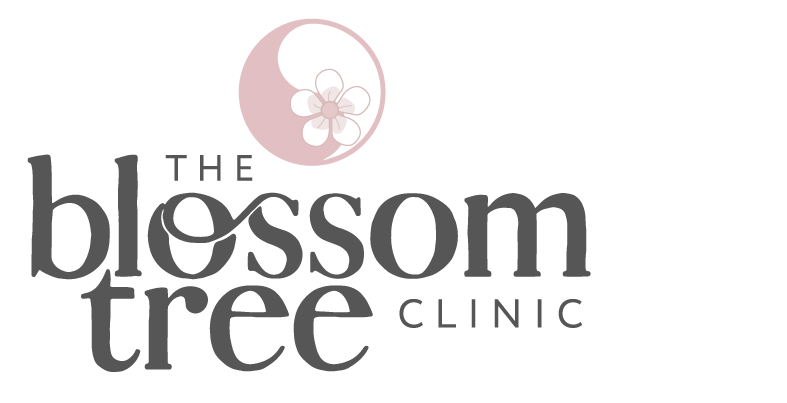Counselling For Loss & Bereavement
Non-death Loss
Being able to identify and name life experiences as losses worthy of grief can be an important part of healing. Yet often, we tend to identify death as being the only life event worthy of grief. But so many other less tangible types of loss deserve to and need to also be acknowledged and mourned. These could be things like loss of confidence, loss of sense of self following having a baby or ill-health. It could be that you have moved to a new area and have lost your sense of belonging or that you struggle to trust others. Whatever it is, you may be experiencing feelings of intense sorrow, longing or deep distress and this is grief.
In today's fast-paced world, our experiences of loss are quickly pushed aside as we are forced to 'get on with it'. Engaging in conversation can provide you with a sense of connection and support, helping you work through these challenges. As your counsellor, I will provide understanding and support as you navigate the complex emotions and uncertainties that accompany grief.
Bereavement Counselling
“Grief doesn’t hit us in tidy phases and stages, nor is it something that we forget and move on from; it is an individual process that has a momentum of its own, and the work involves finding ways of coping with our fear and pain, and adjusting to this new version of ourselves, our ‘new normal” – Julia Samuel
As a loss and grief counsellor, I recognise the profound impact that the death of a loved one can have on a person. Grieving is a unique, personal journey with no predefined 'normal' response or fixed timescale, despite societal expectations.
Sadly, even though death is such a huge part of life, society continues to impose its expectations and judgements on people by telling them how long their grief should last, by making comparisons or by completely avoiding the subject. Society does not mean to be harmful; it just does not like to talk or think about death and dying.
It is important to remember that grief is a natural process, and many will have some form of support from friends and family which can sometimes be enough. However, often, the amount of time a friend has to offer will be limited and isn't always enough for the person in need. Family members may be trying to process their own grief and be unable to support one another. Sharing our true feelings with those closest to us can feel risky and can come with unhelpful opinions and judgements leaving us feeling misunderstood and unheard, negatively impacting our grief and healing.
Bereavement counselling gives you the time you need to talk about the person who has died and how their death is affecting you. I want to offer you a place to come where you can be as messy as your grief is without having to hear about how strong you are or how well you are coping. It can be somewhere for you let go, to be angry, cry, laugh, remember them in your own way and to acknowledge how hard things are without having to protect others from your feelings.
If any of what you have read has spoken to you, please do contact me to arrange a call. We can then have a chat about your hopes, expectations or worries about counselling and from there, we may be able to book our first consultation session.

